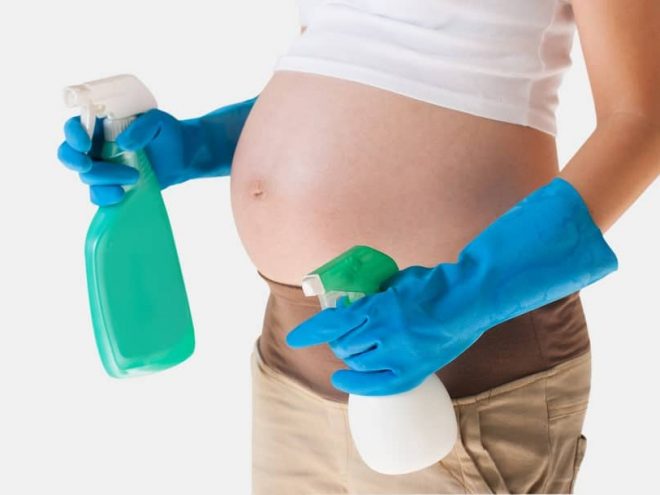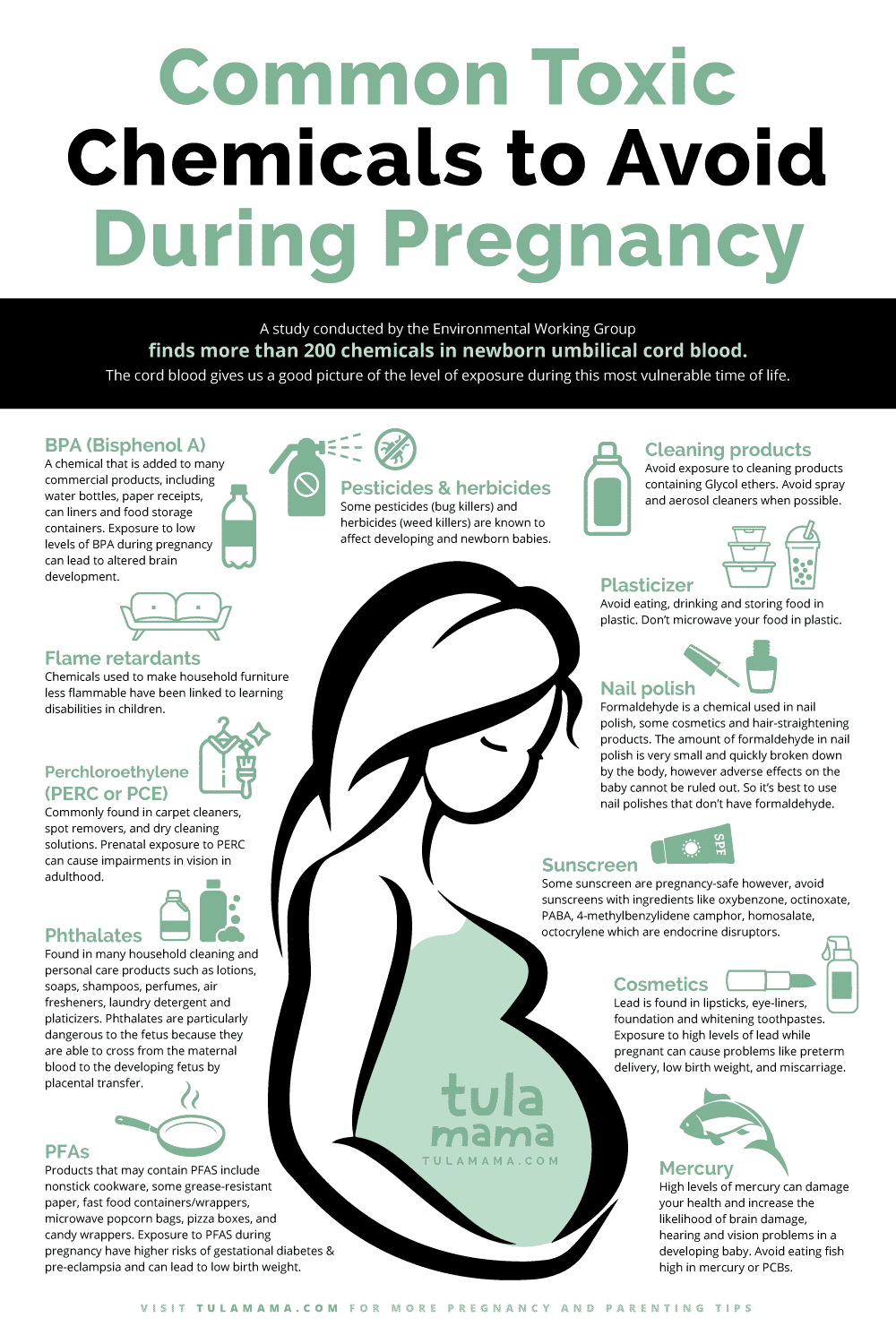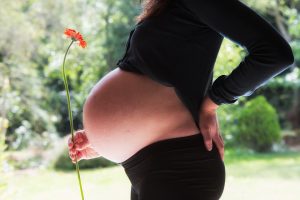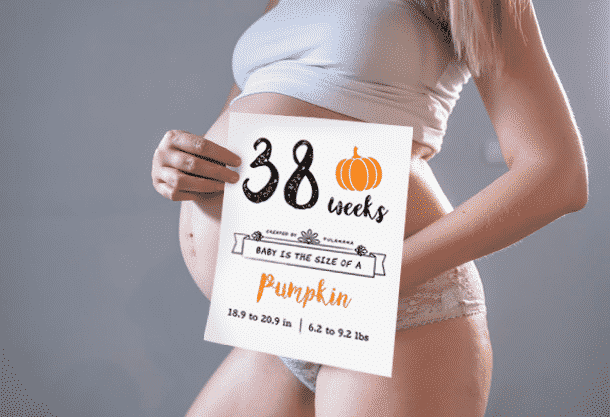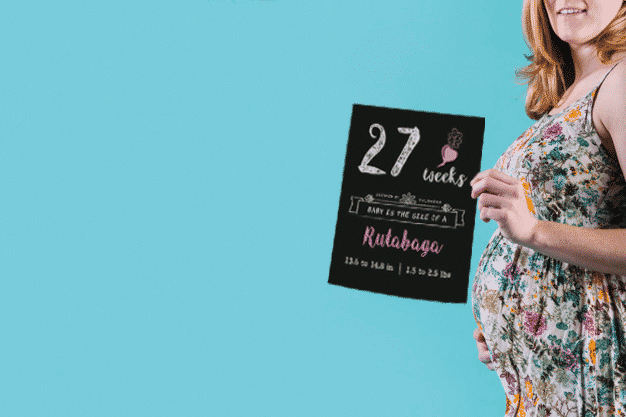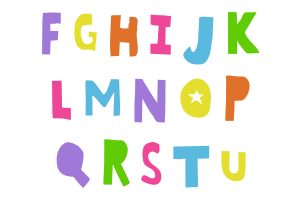There are so many toxic chemicals that we come into contact with every day. As a pregnant women, chances are good that you will too. Most of the time, it’s such a small amount that you need not necessarily worry. However, it is nonetheless a good idea to be aware of toxic chemicals to avoid during pregnancy.
Research conducted by the Environmental Working Group found more than 200 chemicals in newborn umbilical cord blood. The cord blood gives us a good picture of the level of exposure during this most vulnerable time of life.
To help you and your baby stay safe, here’s a list of toxic chemicals to avoid during pregnancy.
Toxic Chemicals To Avoid During Pregnancy
BPA (Bisphenol A)
It’s a chemical that is added to many commercial products, including paper receipts, water bottles, can liners, and food storage containers. Exposure to low levels of BPA during pregnancy can lead to altered brain development.
Flame Retardants
These are chemicals that are used to make household furniture less flammable. They have been linked to learning disabilities in children.
Perchloroethylene (PERC or PCE)
These are commonly found in spot removers, carpet cleaners, and dry cleaning solutions. Prenatal exposure to PERC can cause impairments in vision in adulthood.
Phthalates
Phthalates are found in many personal care products like soaps, lotions, perfumes, and shampoos. You can also find them in household cleaning products, laundry detergent, air fresheners, and plasticizers. Phthalates are especially dangerous and harmful to the fetus because they can cross from your maternal blood to your developing fetus through placental transfer.
These studies suggest that maternal exposure to phthalates during the latter part of pregnancy could have long-lasting, adverse effects on motor function in children in later childhood. Further evidence also suggests that childhood exposure to phthalates may have harmful effects on motor function in boys.
PFAs
Products that may contain PFAs include some grease-resistant paper, nonstick cookware, fast food containers and wrappers, pizza boxes, microwave popcorn bags, and candy wrappers. Exposure to PFAs during pregnancy can lead to a low birth rate for your baby, as well as higher risks of gestational diabetes & pre-eclampsia.
Chemical Sunscreens
Chemical sunscreens should be avoided. Instead, go for mineral sunscreens. Check the label before you buy and avoid sunscreens with ingredients like oxybenzone, octinoxate, PABA, 4-methylbenzylidene camphor, homosalate, octocrylene which are endocrine disruptors.
Here are a few mineral sunscreens that are safe to use during your pregnancy.
Pesticides & Herbicides
Some pesticides (bug killers) and herbicides (weed killers) are known to affect developing babies, newborn babies, and even children. Pesticide exposure during your pregnancy could lead to an increased risk of birth defects, low birth weight, and possibly fetal death.
Pesticide exposure during childhood has been linked to learning problems, attention problems, and even cancer.
Cleaning Products Containing Glycol Ethers
Avoid spray and aerosol cleaners whenever possible. Exposure to cleaning products containing glycol ethers suggests potential developmental neurotoxicity, according to this study.
Plasticizers
Avoid eating or drinking from plastic. Also, avoid storing or microwaving food in plastic. But that’s not all! High plasticizer levels in males have been linked to delayed pregnancy for their female partners (according to this study).
Formaldehyde in Nail Polish & Some Hair Straighteners and Cosmetics
According to this study, formaldehyde (FA) has been linked to congenital malformations, spontaneous abortion, and premature birth.
The amount of formaldehyde in nail polish is very small and quickly broken down by the body. However adverse effects on your baby cannot be ruled out. To be safe, use nail polishes (and beauty products) that don’t have formaldehyde.
Here are a few nail polishes that are formaldehyde-free, and therefore safe to use during your pregnancy.
Certain Cosmetics
Lead can be found in some lipsticks, foundation, eye-liners, and whitening toothpaste. Exposure to high levels of lead while pregnant can cause problems like low birth weight, preterm delivery, and miscarriage.
Mercury
High levels of mercury can damage your health and increase the likelihood of brain damage, hearing and vision problems in a developing baby. Avoid eating fish high in mercury or PCBs.
The biggest mercury culprits that you should avoid are:
- Shark
- Swordfish
- Blue Fish
- King mackerel
- Marlin
- Tilefish (from the Gulf of Mexico)
- Tuna (Bigeye, Ahi)
- Grouper
- Orange Roughy
How To Avoid Chemicals During Pregnancy
To reduce your exposure to toxic chemicals, be sure to:
- Find safe alternatives to these chemicals. Instead, use products that contain low levels of chemicals or baking soda and vinegar for cleaning.
- Wash your hands regularly;
- Ask someone else to do any cleaning that involves chemicals;
- If someone is using toxic products in your house, try to stay out that day and keep your home well ventilated;
- Always read and follow the instructions on any packaging you use;
- Consider not renovating your home while you’re pregnant or breastfeeding;
- When your child starts to crawl, make sure you baby-proof your home. Store all chemicals safely out of the reach and make sure the safety caps are screwed on properly.
